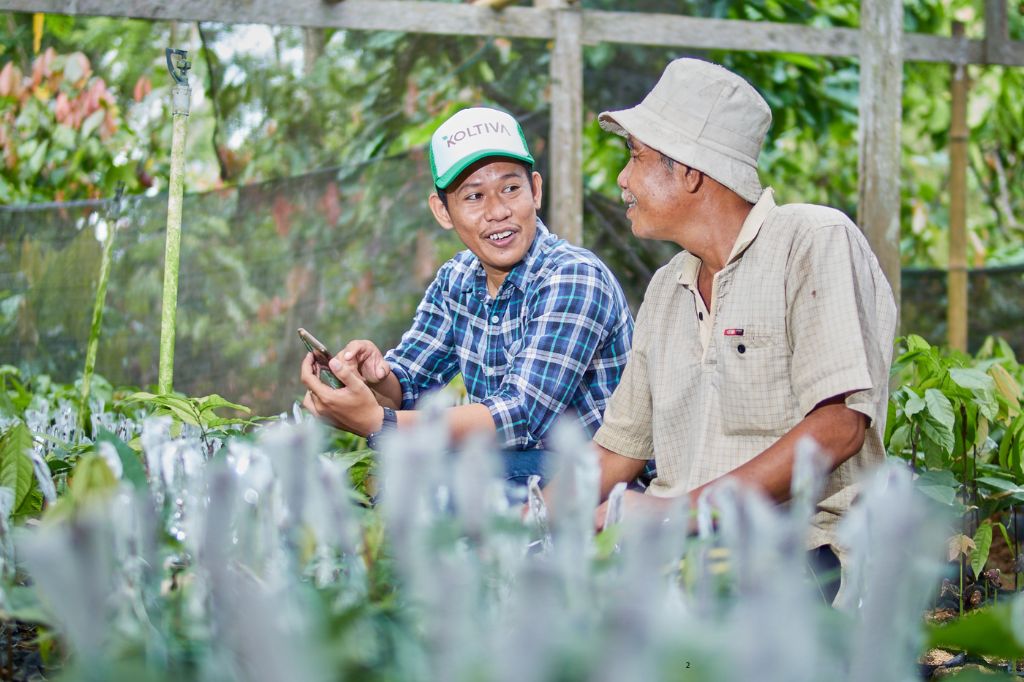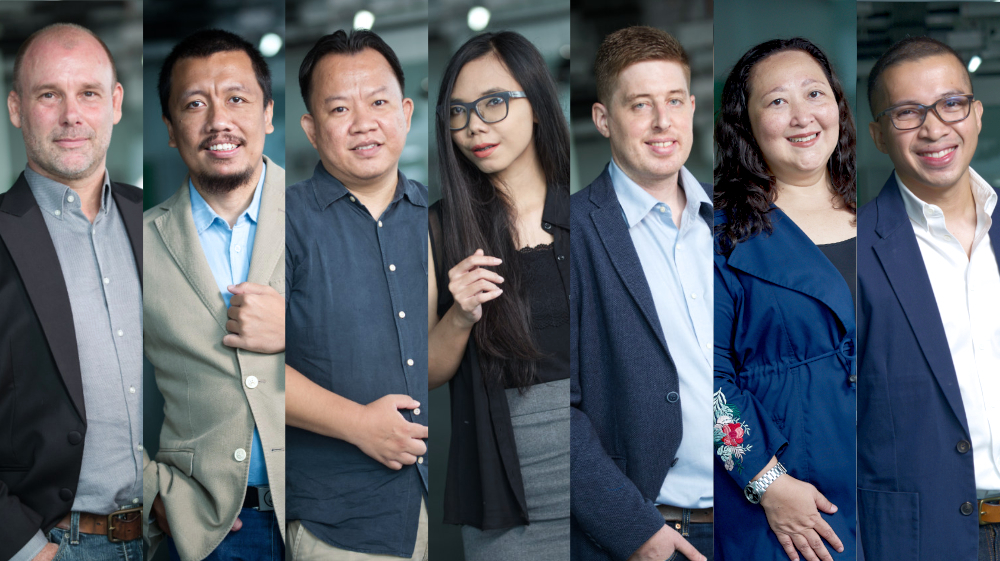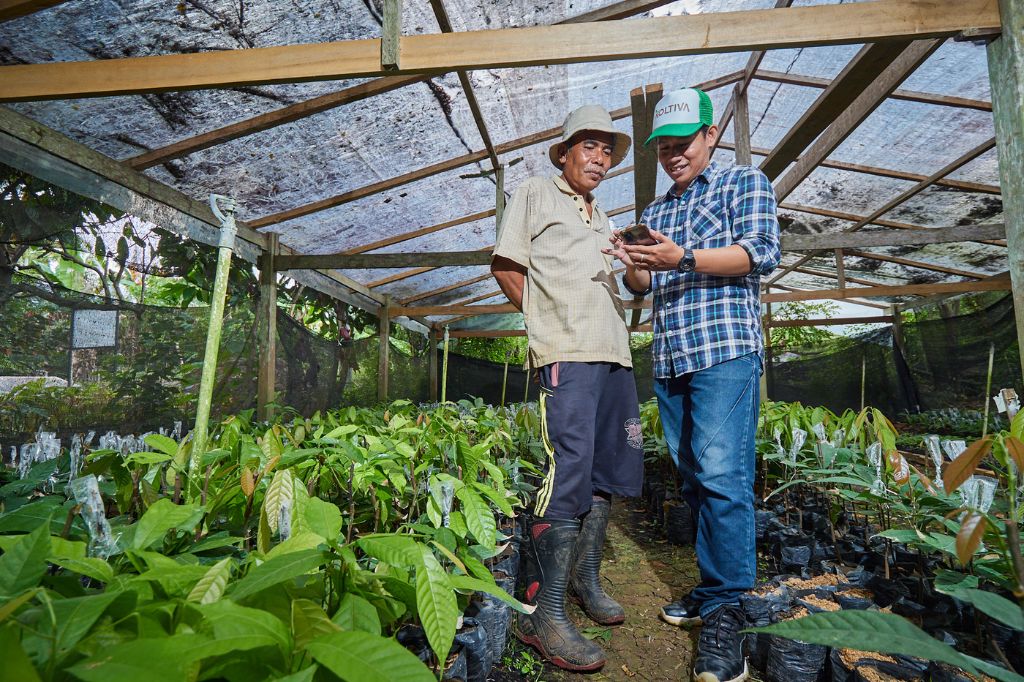Koltiva’s Rise in Sustainable Agri-tech
Earlier today, Koltiva, the trailblazing startup rooted in Indonesia’s sustainable farming landscape, made headlines as it sealed a remarkable seven-figure Series A funding. The round was spearheaded by the renowned early-stage venture capital juggernaut, AC Ventures, and saw enthusiastic participation from industry heavyweights such as Silverstrand Capital, Planet Rise, Development Finance Asia, Blue 7, and the esteemed impact investor in Southeast Asia, The Meloy Fund.
A Vision for Comprehensive Traceability
With a fresh inflow of capital at its helm, Koltiva aims to enhance its software-as-a-service offering, crafted exclusively for multinational corporations. Their mission? To ensure impeccable supply chain traceability right from the inception – the seed, to its culmination – the table.

Koltiva’s offerings are twofold. In the realm of agri-tech, it introduces innovative solutions such as producer profiling, plot mapping, and a robust training infrastructure powered by its seasoned agronomist team. Parallelly, in the climate domain, Koltiva is steering the creation of products tailored for greenhouse gas evaluations, climate-conscious farm support, and risk-centric alerts.
In an era where the clamor for traceability in agri-products is gaining momentum, Koltiva is pioneering an evolution. Their state-of-the-art software illuminates the journey of food – from raw materials, farming operations, distribution processes, to its final consumers. This trailblazing feature is pivotal for multinationals, particularly when the origin of their food supply is predominantly smallholder producers scattered across Indonesia and other operational territories of Koltiva.
Addressing Global Regulatory Demands
The recent unveiling of the EU’s Deforestation-Free Products Regulation (EUDR) has thrust Koltiva’s offerings into the limelight. With over 50,000 EU businesses now bound by this stringent regulation, there’s an increased urgency for industries such as cocoa, coffee, and palm oil to ensure traceability. Koltiva’s solution rises as an indispensable asset for these sectors.
However, Koltiva isn’t merely a service; it’s an era of transformation. The company hosts a comprehensive web and mobile application suite, focusing on diverse activities ranging from producer registration and deforestation mapping to monitoring greenhouse gas emissions.
A Global Footprint from Indonesian Roots
With its foundational roots anchored in Indonesia, Koltiva’s influence spans the globe. Collaborating with producers across 52 nations, nearly half of these affiliations are within Indonesia, while others extend to nations including Brazil and the Ivory Coast.

Manfred Borer, the visionary Co-Founder & CEO of Koltiva, elucidated, “Koltiva goes beyond traceability. By providing comprehensive seed-to-table traceability, we empower corporations to wisely navigate the dynamic landscape of evolving regulations and sustainable practice compliance while enhancing smallholder producers’ livelihoods. We aim to foster an ecosystem benefiting global brands while also uplifting the grassroots level of the supply chain. We envision a world where transparent and sustainable trade is standard.”
Also read: Rentas Peninsular 2.0: We for She – A Rallying Drive by Practical Classic Drivers to Spotlight Male Allyship & Combat Gender-Based Violence
Koltiva’s platform has already garnered the trust of over 1 million producers and an impressive 6,800 businesses, underlining the massive demand for its avant-garde food supply chain tracing and climate tech innovations.
Adding to the chorus of endorsements, Helen Wong, Managing Partner at AC Ventures, remarked, “As multinational businesses lean more toward sustainability, Indonesia-based Koltiva is poised to become a major player in ensuring transparent supply chains. By bolstering the livelihoods of small-scale farmers in emerging markets and helping them to adapt to climate change, Koltiva is a great example of how modern tech can reshape conventional industries, deliver global impact, and build a more environmentally sustainable future for generations to come.”
Legal Disclaimer: The Editor provides this news content "as is," without any warranty of any kind. We disclaim all responsibility and liability for the accuracy, content, images, videos, licenses, completeness, legality, or reliability of the information contained in this article. For any complaints or copyright concerns regarding this article, please contact the author mentioned above.

















